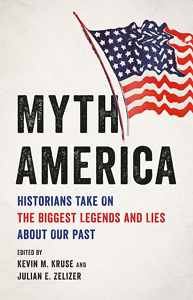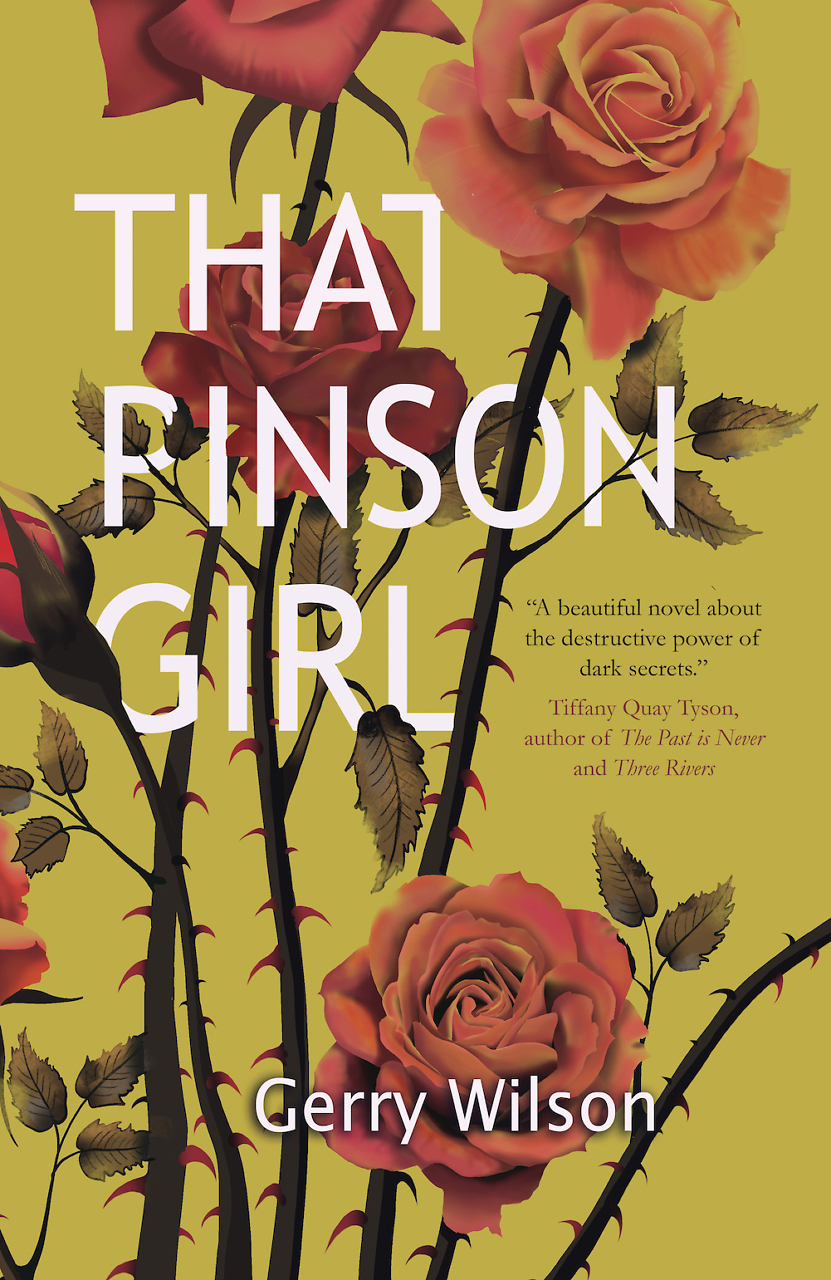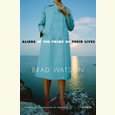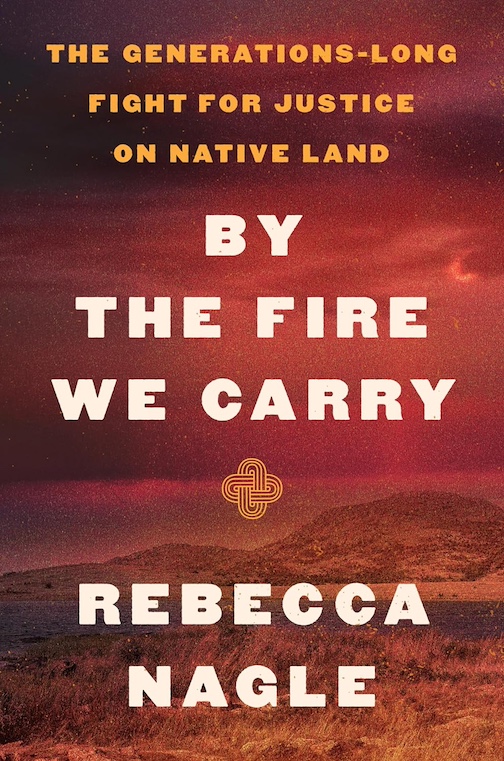Mythbusters
In Myth America, liberal historians fight back against conservative myths
History matters. When we tell the story of the past, we are also explaining ourselves — our challenges, our values, our politics. Naturally, we often disagree about the meaning of the historical evidence before us. But these days, as the center of American politics keeps eroding, the battles over history are getting nastier.

With Myth America, Kevin Kruse and Julian Zelizer enter the fray with their fists up. The Princeton scholars have assembled 20 academic historians, all of whom have engaged in writing for the wider public. Each short essay in this collection challenges a popular myth of American history, defending a liberal interpretation from conservative assault.
Kruse and Zelizer emphasize how the modern Republican Party and the right-wing media do not just interpret the past — they falsify and weaponize it. They point, for example, to Donald Trump’s naked lies about his historical accomplishments, as well as the President’s Advisory 1776 Commission, which sought to craft a patriotic narrative of American history. “A history that seeks to exalt a nation’s strengths without examining its shortcomings, that values feeling good over thinking hard, that embraces simplistic celebration over complex understanding, isn’t history,” write Kruse and Zelizer. “It’s propaganda.”

Some essays confront right-wing accounts that paint immigrants as dangerous invaders. Erika Lee highlights how the United States actively promoted immigration when it suited the nation’s labor needs. Geraldo Cadava rejects a simplistic portrait of a treacherous, vulnerable Mexican-American border, instead tracing a history of “creativity, community, cooperation, and connection.” Others consider U.S. foreign policy, such as Sarah Churchwell, who casts Trump’s use of the slogan “America First” in a longer tradition of xenophobia and racial anxiety.
Several contributors reject conservative interpretations of specific periods in American history. Eric Rauchway blasts Senator Charles Grassley’s claim that the New Deal hurt economic growth; in fact, Franklin Roosevelt’s policies stimulated employment, production, and faith in American democracy amid the crisis of the Great Depression. Similarly, Joshua Zeitz counters Republican talking points by detailing the drop in poverty rates due to Lyndon Johnson’s Great Society programs of the 1960s. In his own essay, Zelizer disputes the idea of a “Reagan Revolution,” arguing that the slogan masks the persistent political divides of the 1980s.
 Kruse, a Nashville native and historian of modern American conservatism, tackles the lie that the Republican Party never pursued a “Southern Strategy.” Americans of all political stripes had long understood that the major parties realigned in the 1960s and 1970s, with Republicans winning over conservative white Southerners. More recently, some pundits have claimed that the Southern Strategy is a liberal fabrication. Kruse explains how and why the GOP abandoned its standing as the party of Abraham Lincoln, with nods to the mountains of documentary evidence.
Kruse, a Nashville native and historian of modern American conservatism, tackles the lie that the Republican Party never pursued a “Southern Strategy.” Americans of all political stripes had long understood that the major parties realigned in the 1960s and 1970s, with Republicans winning over conservative white Southerners. More recently, some pundits have claimed that the Southern Strategy is a liberal fabrication. Kruse explains how and why the GOP abandoned its standing as the party of Abraham Lincoln, with nods to the mountains of documentary evidence.
Like the one by Kruse, many essays in Myth America dance near the nation’s deepest fault line: race. Karen Cox explains how Confederate monuments distorted the meaning of the Civil War, while Glenda Gilmore rejects the myth of the civil rights movement as entirely peaceful, popular, and successful. Carol Anderson traces the current right-wing obsession with voter fraud back to the Jim Crow policies of the 1890s: “The real villain attacking democracy was much more systemic and systematic: extensive election fraud, which was organized by political leaders, usually against African Americans, to alter the outcome of elections and weaken Black electoral power.”
Myth America serves us all. A reader does not need to embrace all its interpretations to appreciate its fact-based accounting of the past. That such a book needs to exist, however, is disheartening. More than ever, the American people need coherent, compelling narratives of the nation’s history that balance its accomplishments with its shortcomings, integrate the stories of both prominent leaders and unsung characters, account for our great opportunities and our profound oppressions, and emphasize our common purpose while pushing us to do better. If, instead, we must dig a real history out of a swamp of lies, we are still wading in the muck.

Aram Goudsouzian is the Bizot Family Professor of History at the University of Memphis. His most recent book is The Men and the Moment: The Election of 1968 and the Rise of Partisan Politics in America.


